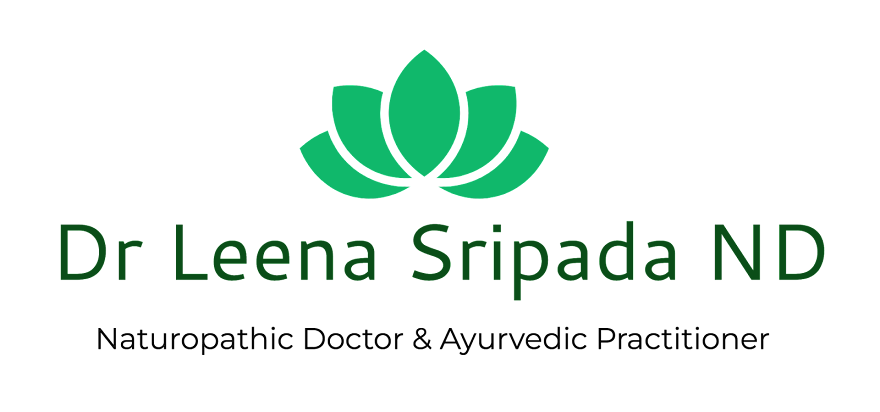 How often have you looked up your condition or googled your symptoms? You most likely have. In the process, you may have found that your symptoms could indicate a health risk and you have concerns spinning through your head.
How often have you looked up your condition or googled your symptoms? You most likely have. In the process, you may have found that your symptoms could indicate a health risk and you have concerns spinning through your head.In all of history, we have never had so much access to information, and today, we can access almost anything through the internet. Most people are using the internet as a tool to find out health information to understand their conditions or search for treatment options.
So how do you know what you should do? How can you distinguish the valuable from the useless?
The quality of information on the internet varies significantly since anyone can post anything and it can be challenging to distinguish medical information from personal opinions or sensationalized info or marketing that is trying to sell you a miracle pill or guaranteed cure. It may look or sound good, but is it good for you? Each individual is unique so you should always check with your ND to check if that product is suitable for you.
Benefits
Let's look at some of the ways you can use the internet for health advice and navigate through websites. You can:- Learn the basic facts such as what is soluble vs. insoluble fibre, which foods are highest in pesticides and best to eat organic or what developments are happening each week in pregnancy.
- Research about a health condition and prepare questions before your appointment.
- Understand symptoms that need immediate care and prompt you to seek treatment.
- Gain access to a community of people with similar conditions in forums, reducing the feeling of isolation.
Cautions
Reserve web searches for the basics, not for serious concerns, multiple health issues or if you are several medications or supplements. Here are some guidelines on what to avoid:
- Online treatments may not be relevant and are symptom focused. Naturopathic medicine identifies the cause of the illness and treats according to the root cause. Online articles are often focused on a specific symptom or condition, whereas individualized medicine looks at how all the parts of the puzzle fit together.
- Credibility of articles can vary and sometimes it is not easy to distinguish between medical pages from blogs with personal opinions. The pages that show up at the top of a web search are not necessarily the most reliable.
- Avoid websites that are recommending a certain product or program. It is likely biased towards selling a product and may not be relevant for you.
- If you are on multiple medications or supplements
- Researching symptoms creates anxiety. The more you search, the more you might find out that it could be cancer or a virus or a severe condition. Before you work yourself up, it's good to have a doctor do an assessment.
The internet is a great tool for information, but it can never replace an assessment by a real doctor and their experience. Naturopathic doctors spend over 7 years of formalized training to diagnose and treat a variety of conditions and when to refer you for serious conditions. Your ND is not only providing you with medical knowledge but is providing you with clinical experience to make informed choices about your health care. They can also help guide you to trustworthy sites with current, evidence-based information. Together as a team, you can work together to make the best decisions for your well-being.
Dr. Leena Athparia is a Naturopathic doctor & Ayurvedic practitioner at Naturopathic Foundations with a focus on joint health, pain and chronic disease. If you are healthy and looking into preventing disease or learning more about your constitution, Dr. Athparia can help you. Please call the clinic at 905-940-2727 to book an appointment.


